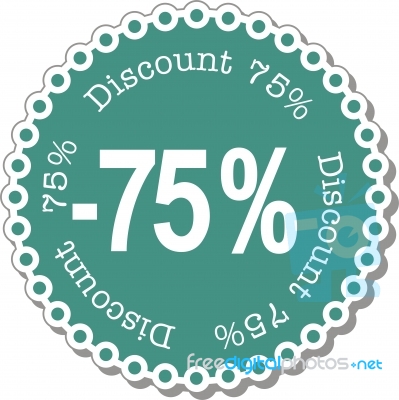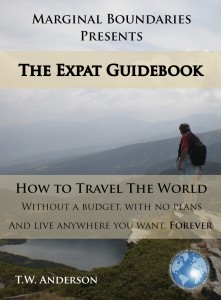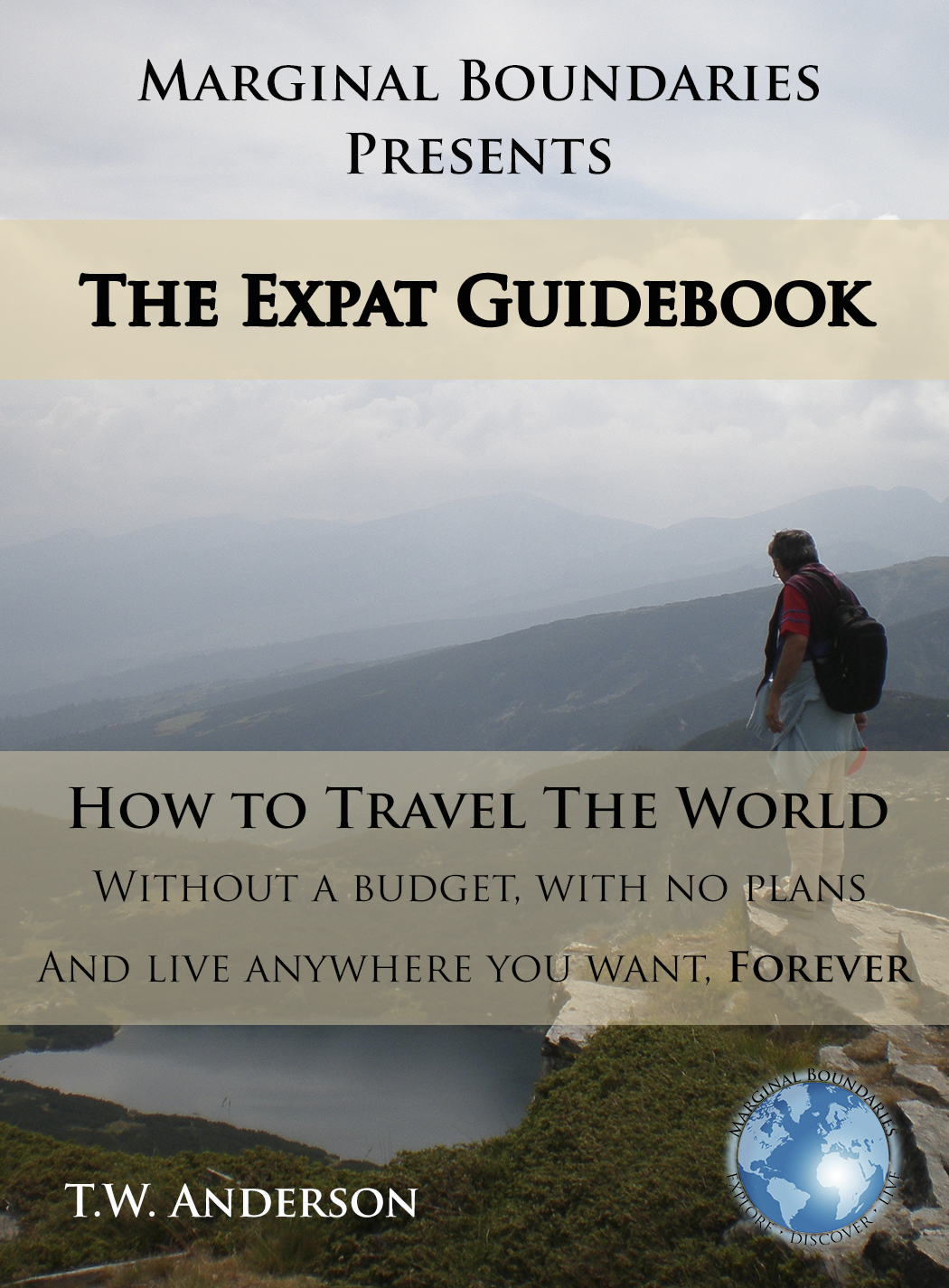
The number one rule rule of thumb when you leave your home country behind to pursue a life of location independence as an expat is this: if you don’t ask, they won’t tell. And I’m not talking about sexual preferences here. I’m talking about discounts.
Once you leave the Western world behind you will quickly find that anything which doesn’t have a barcode attached is entirely negotiable, and everything from local accommodations to produce at the local market to shoes and clothing to transportation and beyond is open for negotiation.
This is where language immersion comes into play more than anywhere else in the expat lifestyle. While local merchants may be willing to negotiate with you if you are trying to do so in English or your native tongue, there is an inherent level of respect that is automatically given when you make the effort to approach a local person on their own turf. It’s like a new dog who comes into a house where he knows another dog is king; he bows his head in respect and tucks his tail a bit to let the senior know that the other is still head of the pack.
Those of you who have been on the road for awhile know that the moment someone sees you with a backpack on, or that your skin is a different color from the natives, they automatically assume you are a foreigner and that you are must inherently be loaded with cash. After all, you can afford to travel, and that smartphone/tablet/backpack/pair of North Face hiking boots cost more than many locals in developing countries make in a year.
As a result, unless you specifically ask you will never receive the local rates on anything. There will always be a foreigner tax applied. In Latin America it’s known as the gringo tax, but it exists in just about every country in the world. In some countries, it can actually also be an official federal tax above and beyond the market setting, such as in Mexico or Bulgaria, where entry into local museums, national parks and other areas is free for locals, but costs foreigners extra.
For example, when I lived in Bulgaria I would always have to pay 20% more (minimum) than my friends for ski lift tickets, museum entry and the like, and before they joined the European Union there used to be a foreigner surcharge on all hotels, which means I always paid 20% to 40% extra than Bulgarians would on excursions to the Black Sea. It’s the same thing here in Mexico; for example, the national parks and ruins like Tulum or Chichen Itza have free entry on Sundays for Mexicans, but not for foreigners.
In market scenarios it’s not so much official as just a given; anything you see will generally be offered to you at anywhere from 30% to 100% above and beyond the actual, local rate. And unless you ask or attempt to negotiate the price down you’ll be paying the extra fee without even knowing it. It can also sometimes it applies to official stores in the plazas and shopping malls, such as when I was with a friend in a mall in Bogota, and he was buying some jewelry for his girlfriend back in the States. He merely asked the girl if there was a discount on the item he was interested in and she said yes, there is….but if he hadn’t asked, she never would have said anything.
I get the most benefit out of negotiation when it comes to my long-term accommodations. Often times if you are willing to pay a few month’s in advance, or you are willing to sign a lease term for longer than six months, you can get a significant discount off the asking price on your apartment/condo/house. It might be listed for $600 per month but if you are willing to throw the owners three month’s up front and sign a six month lease you can usually get them down to $400 a month or even less unless they are absolute sticklers.
There’s a certain art form to negotiating with people, but we’ll be saving that for the next episode in this series, when I talk about negotiation protocol and the right way/wrong way of handling a negotiation with someone, regardless if you speak the local language or not. Contrary to popular belief, you can’t just walk up and demand someone cut their prices in half or give you a 75% discount. That’s not negotiating. Stay tuned for next week’s episode as I explore the art of getting more bang for your buck around the world.
Don’t forget to sign up for our free newsletter for several-times-a-week, your-eyes-only travel and entrepreneur tips, plus receive a complimentary copy of our 85-page starter book on location independence and living abroad, 30 Ways in 30 Days.







